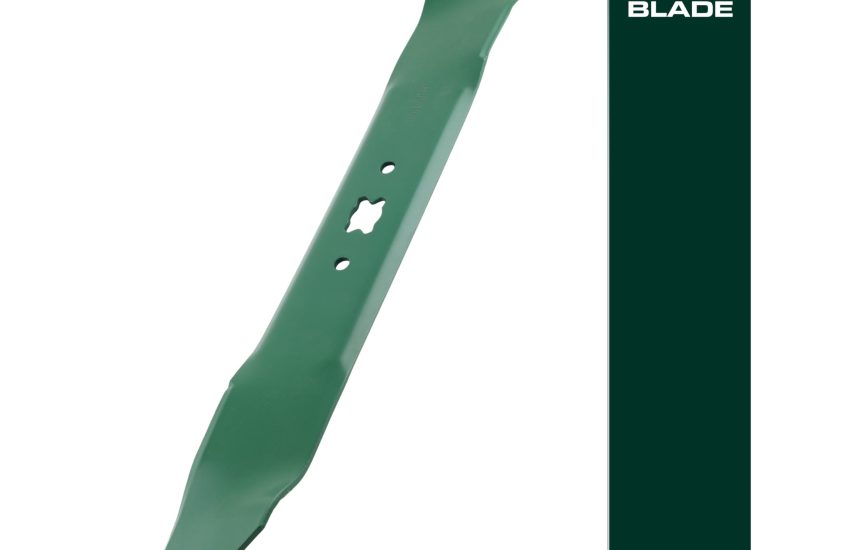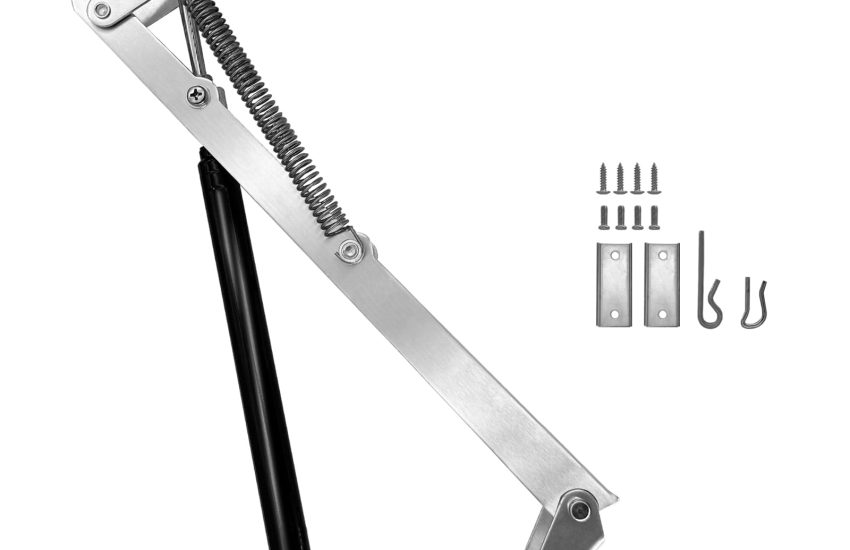Bone Meal vs. Blood Meal: Which is Better for Your Plants? A Comprehensive Comparison for Garden Fertilization
We independently select all products and services. If you click through links we provide, Plant Native may earn a commission with no extra cost to you.
Last updated: February 15, 2026
Gardening enthusiasts are always on the lookout for effective ways to nourish their plants.
Quick Guide: Bone Meal vs Blood Meal
- Bone meal — slow-release phosphorus and calcium; best for root development, bulbs, and flowering plants
- Blood meal — fast-release nitrogen; best for leafy greens, lawns, and plants needing a quick green-up
- Use bone meal: When planting bulbs, transplanting trees/shrubs, or boosting flower and fruit production
- Use blood meal: For yellow (nitrogen-deficient) plants, spring lawn green-up, or heavy-feeding vegetables like corn
- Both are organic fertilizers derived from animal processing — acceptable in certified organic farming
- Caution: Both can attract dogs and other animals — work into soil rather than leaving on the surface
Two popular organic fertilizers that often come up in discussions are bone meal and blood meal. These byproducts of the meat industry have been used for centuries to enrich soil and promote plant growth. Both offer unique benefits, but they differ in their nutrient composition and how they affect plants.
Bone meal and blood meal are rich in essential nutrients that plants need to thrive. Bone meal is primarily a source of phosphorus and calcium, while blood meal is high in nitrogen.
The choice between these two fertilizers depends on the specific needs of your plants and soil conditions. Some gardeners use both in combination to provide a more balanced nutrient profile.
When selecting between bone meal and blood meal, it’s crucial to consider factors such as soil pH, plant type, and existing nutrient levels in your garden.
The application method and timing also play a role in their effectiveness.
We extensively researched and compared bone meal and blood meal to determine which one might be better suited for various gardening scenarios.
Best Bone Meal and Blood Meal Products
We’ve carefully selected the top bone meal and blood meal products to help you make an informed decision for your gardening needs. Our curated list includes high-quality options from reputable brands, ensuring you’ll find the right fertilizer to nourish your plants effectively.
Our top pick
- Excellent source of nitrogen for vegetables and flowers
- OMRI listed for organic gardening
- Supports soil health and microorganisms
Cons
- Strong odor may attract some pests
- Requires careful application to avoid over-fertilization
- May not be suitable for all plant types
The granular form makes it easy to apply, and we’ve found it mixes well with potting soil for container gardening. One thing we appreciate about this product is its versatility. When you weigh all the factors, this one rises above the rest.
Best for gardens
- Promotes strong root development
- Enhances fruit and flower production
- OMRI listed for organic gardening
Cons
- Requires frequent reapplication, which is a notable drawback to consider based on your specific gardening needs and preferences
- May attract animals if not mixed well
- Limited primary nutrient content
We’ve found Jobe’s Organic Bone Meal to be an excellent choice for nurturing plants that demand high phosphorus levels. Within weeks, we noticed stronger stems and more vibrant blooms on our roses and tomatoes. For this particular need, it’s the clear frontrunner.
Best organic option
- Highly concentrated nitrogen source
- OMRI listed for organic gardening
- Easy to apply granular formula
Cons
- Strong odor, which is a notable drawback to consider based on your specific gardening needs and preferences
- May attract pests if not used properly
- Requires careful application to avoid burning plants
We found the granular formula simple to sprinkle around plant bases and work into the soil. We recommend applying it on a calm day and watering it in well. For this particular need, it’s the clear frontrunner.
Best for flowers
- Promotes strong root systems
- Ideal for bulbs, roses, and flowers
- Easy to apply with clear instructions
Cons
- May attract animals if not mixed well
- Requires time to break down in soil
- Slight odor when first applied
We’ve found Earth Science Natural Bone Meal to be an excellent organic fertilizer for various plants in our garden. When using this bone meal on our rose bushes, we noticed a significant improvement in flower production and overall plant health. It puts on a floral display that’s genuinely hard to look away from.
Most versatile option
- Natural source of nitrogen and phosphate
- Suitable for various plants
- Slow-release formula, which adds real practical value and helps make gardening tasks easier and more enjoyable
Cons
- Strong odor, which is a notable drawback to consider based on your specific gardening needs and preferences
- May attract animals, which is a notable drawback to consider based on your specific gardening needs and preferences
- Requires careful application, which is a notable drawback to consider based on your specific gardening needs and preferences
We’ve found the Hi-Yield Bone & Blood Meal to be an excellent choice for organic gardening enthusiasts. We recommend mixing it well with soil and watering thoroughly after application. Its versatility means it works in just about any garden scenario you can think of.
Buying Guide
When selecting bone meal or blood meal for your plants, there are several key factors to consider:
Nutrient Content
We recommend checking the N-P-K ratio on the package. Bone meal typically has a higher phosphorus content, while blood meal is rich in nitrogen.
Soil pH
Test your soil pH before applying. Bone meal works best in slightly acidic to neutral soils. Blood meal can lower soil pH over time.
Release Rate
Consider how quickly you need nutrients available. Blood meal releases nutrients faster than bone meal.
Application Method
Look for products that are easy to apply. Both meals come in powder form, but some brands offer pellets or granules for easier spreading.
Organic Certification
If organic gardening is important to you, check for OMRI-listed or USDA Organic certified products.
Package Size
Choose a size appropriate for your garden needs. Smaller packages are suitable for container gardens, while larger bags are more economical for extensive landscaping.
Price
Compare prices per pound among different brands. Buying in bulk can often save money for larger gardens.
Storage
Select products with resealable packaging to maintain freshness and prevent moisture absorption during storage.
By considering these factors, we can choose the most suitable bone meal or blood meal product for our specific gardening needs.
For related soil health guides, see best soil amendments for clay soil, compost troubleshooting, and soil pH meters for gardeners.
Frequently Asked Questions: Bone Meal vs Blood Meal
Q: Can I use both bone meal and blood meal together?
Yes — combining bone meal and blood meal provides a balanced NPK boost: blood meal for nitrogen (N), bone meal for phosphorus (P) and calcium. This combination works well when preparing new garden beds or planting heavy feeders like roses, peonies, and vegetables. Use at half the recommended rate of each to avoid over-fertilizing. Always work into the soil and water in after application.
Q: How long does bone meal last in soil?
Bone meal releases nutrients slowly over 3–4 months, making it a good choice for seasonal plantings. In moist, warm soil with active microbial activity, it breaks down faster. Steamed bone meal releases nutrients more quickly than raw bone meal. Apply in spring when preparing beds, and it will continue feeding plants through the growing season without the risk of fertilizer burn.
Q: Is blood meal safe for vegetable gardens?
Yes — blood meal is safe for vegetable gardens when used as directed and worked into the soil. It’s approved for certified organic use. Avoid over-application, which can cause excessive leafy growth at the expense of fruit production in tomatoes and peppers. Apply blood meal 4–6 weeks before planting to allow some breakdown, or at a very low rate to established plants during their active growth phase.







